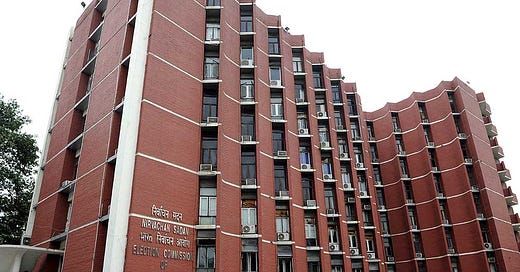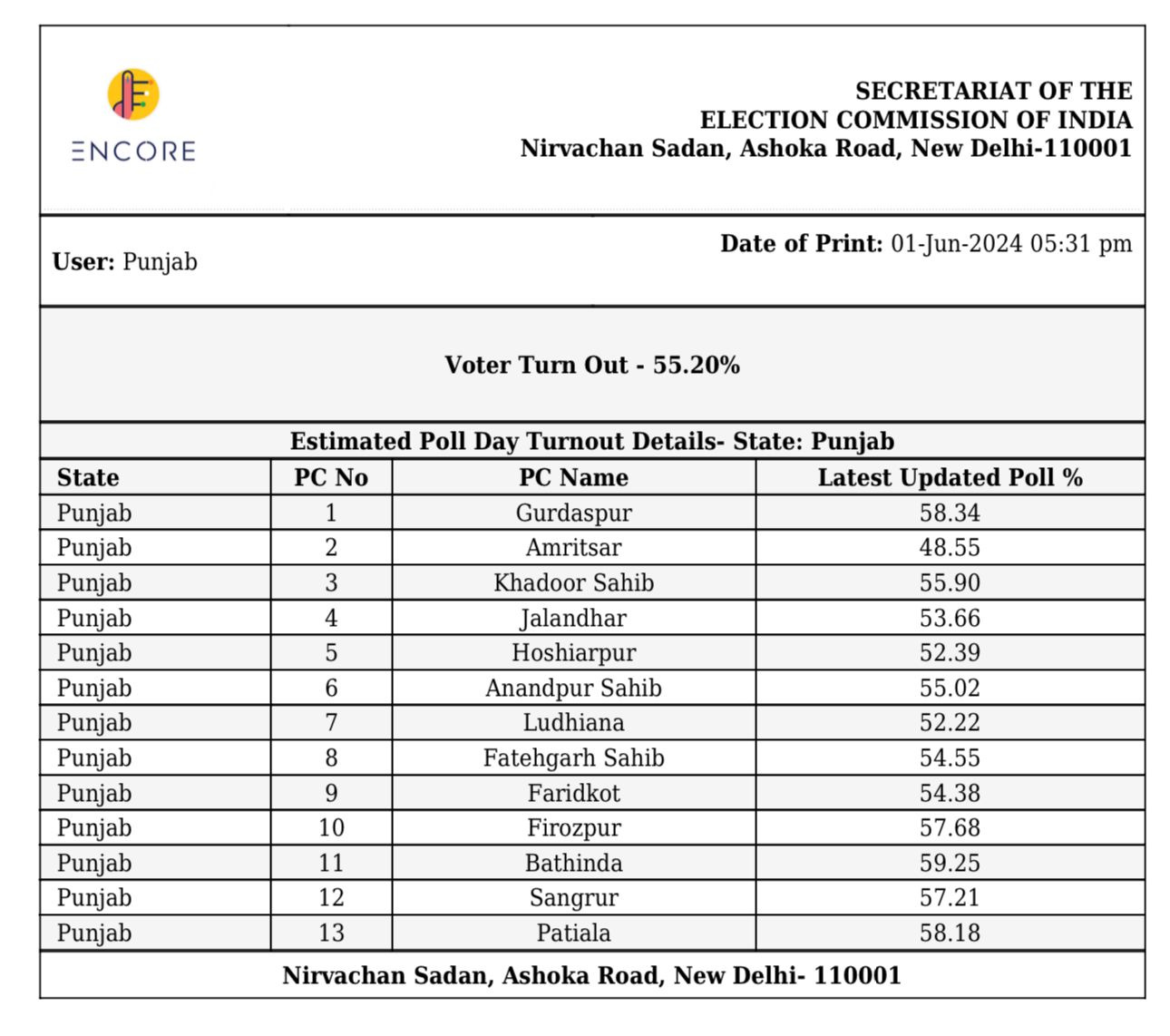NRIs Outraged: Blocked from Accessing Election Commission's Voter List Websites
Election Commission of India Websites for Voter Search and Registration Remain Inaccessible from Abroad: A Blow to NRIs and Indian Diaspora
ECI Shuts its Portals to Indian Citizens Abroad
In a move that has sparked outrage among the Non-Resident Indian (NRI) community, the Election Commission of India's (ECI) electoral roll and voter registration websites have been rendered inaccessible from outside India. This restriction has left many NRIs frustrated and angry as they struggle to search for their own voter information and that of their elderly parents and relatives back home. Despite being eligible to register as voters in their home constituencies under the amended law, NRIs who hold Indian passports and are full-fledged citizens must travel to India to cast their votes, as remote voting is not permitted.
Geofencing: The Controversial Security Measure
The ECI website, along with its voter registration portal and Right to Information (RTI) portal, has been blocked for users outside India for several months due to “geofencing”. This security measure, employed by the Indian Government, restricts access to certain websites from foreign locations. While geofencing is intended to prevent cyber attacks, it has been criticised for being an ineffective barrier against sophisticated threats and primarily hindering legitimate access for researchers, historians, and the general public.

Accessibility Concerns for NRIs
One of the most significant consequences of geofencing is the accessibility concerns it raises for Indian citizens residing abroad. NRIs, who are eligible to vote if they visit India during elections, cannot access their voter registration data due to the blocked ECI website. This limitation complicates their ability to participate in the democratic process, causing immense frustration and disappointment.
Voices from the NRI Community
The NRI community has expressed their displeasure over this issue. Many expatriates in countries like the UAE, Canada, the US, the UK, and Saudi Arabia have reported multiple unsuccessful attempts to access the ECI website, even using VPNs. Specific individuals, such as N Khan from Dubai and AA from Saudi Arabia, have voiced their frustration over their inability to check their voter status and that of their families. Since the last phase of polling on 1st June included the 13 Lok Sabha constituencies in Punjab and Chandigarh, we have been inundated with multiple requests from NRIs abroad pointing this out and requesting us to search the electoral rolls for them, even as they expressed their deep disappointment at this "security" measure. The time zone factor in the USA and Canada, where a bulk of the Punjabi NRI community resides, further complicates the matter.
Expert Opinions on Geofencing
Security experts have weighed in on the geofencing issue. Obaidullah Kazmi, Founder and CTO of Dubai-based cybersecurity company Credo, suggested that geolocation blocking might be a calculated move to comply with local laws, regulate digital content, and protect national security by controlling the dissemination of sensitive information. However, this measure has significant drawbacks, limiting access to vital information and services for the Indian diaspora. Experts argue that technology is now available to tackle hacking, except for those by sophisticated state actors, and that en bloc geofencing is akin to "throwing the baby out with the bathwater." Security experts have weighed in on the geofencing issue. Obaidullah Kazmi, Founder and CTO of Dubai-based cybersecurity company Credo, suggested that geolocation blocking might be a calculated move to comply with local laws, regulate digital content, and protect national security by controlling the dissemination of sensitive information.
However, this measure has significant drawbacks, limiting access to vital information and services for the Indian diaspora. Experts argue that technology is now available to tackle hacking, except for those by sophisticated sovereign state actors, and that en bloc geofencing is akin to "throwing the baby out with the bathwater." While cutting off access through VPNs would be understandable, this across-the-board opaqueness for users abroad is inexplicable. It is possible to garner the IP addresses of users through prudent use of cookies to track down serious offenders in case of a serious breach.
Impact on Voting Rights and Information Dissemination
The inability to access the ECI website from abroad not only affects NRIs' voting rights but also hinders archival efforts and search engine indexing of the affected websites. This restriction impacts students, journalists, researchers, historians, and the general public who rely on these resources for information. The ECI has not provided specific reasons for blocking its website abroad, but it is likely part of the broader practice of geofencing government websites by Indian authorities.
Looking Head: A Call for Action
As the saying goes, "Democracy Dies in Darkness", India, which has been at the forefront of proactive RTI disclosures, must address the issue of geofencing that completely shuts off access to public information, from abroad. The ECI appears to have been misled by overly cautious security agencies or technical arms of the Government like the NIC. With Prime Minister Modi expected to return to power for a third successive term after the latest exit polls, the NRI community has high hopes that he will rectify this issue before the next elections, ensuring that all Indian citizens, regardless of their location, can participate fully in the democratic process.
If you think an NRI friend would find this information of some value, click on the share icon below for multiple ways to anonymously (for ‘The KBS Chronicle’) disseminate this information.






